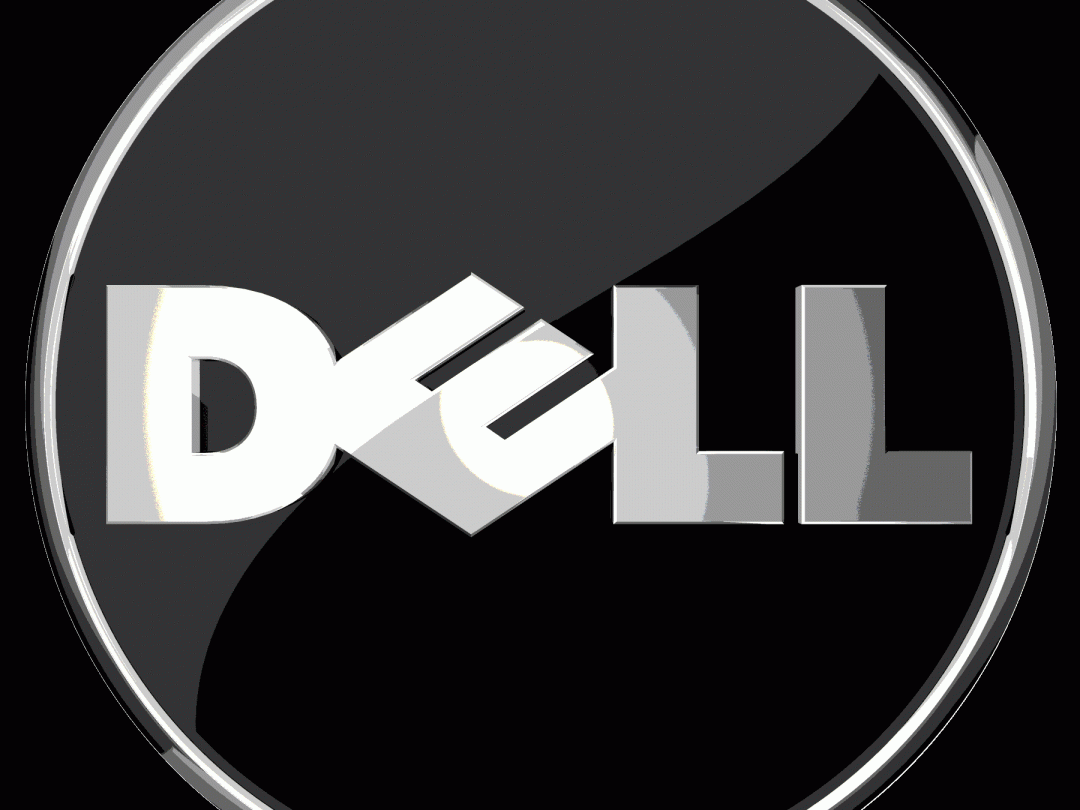Dell's Buyout Deal Could Finalize on Monday
An announcement detailing the Dell buyout may be released on Monday.
The Dell buyout saga continues as the latest report indicates that the agreement is set to be finalized over the weekend, and an announcement made on Monday. Michael Dell is expected to take majority ownership of the struggling company using a personal investment while Silver Lake and Microsoft will become minority investors.
Dell, the third-largest personal computer maker, has a market value of $23 billion. Currently it's unknown what the trio will eventually pay Dell shareholders in order to go private, but the deal will reportedly be marked as one of the largest leveraged buyouts since the global financial crisis. The buyout consortium is still ironing out the last-minute details, so it's possible the timetable could slip.
According to unnamed sources close to the transaction, Silver Lake has secured up to $15 billion of dept financing from four investment banks including Barclays, Bank of America Merrill Lynch, Credit Suisse and RBC Capital. Barclays and Perella Weinberg Partners are reportedly advising Silver Lake on the transaction while JPMorgan Chase & Co is advising Dell.
Previous reports stated that Michael Dell will invest up to $1 billion of his personal funds in addition to contributing his existing stake of 15.7-percent which is worth $3.6 billion. Silver Lake and Microsoft are expected to invest between $1 billion and $2 billion each, thus the remainder of the $24 billion takeover will be funded by Silver Lake's string of banks previously mentioned.
By going private, Dell will will be able to transform itself from a struggling consumer desktop maker to a "one-stop shop for corporate technology needs" without the approval of publicly-held stock owners. But Dell is still looking out for those who invested in the company by hiring Evercore Partners and forming a special committee of its independent directors. These two entities will make sure shareholders are getting the best deal, and that the transaction isn't focused on what's best for Michael Dell.
The New York Post reports that the final buyout deal could be set between $15 and $16 a share. Among the negotiations currently being hammered out is how much of a breakup fee should be demanded in case a rival bidder emerges. The buyout team reportedly doesn't want to "appear to impede a possible rival offer by asking for too high a break-up fee."
Sources said that while no other bidders have emerged, that could drastically change once the specifics of the deal are revealed on Sunday or Monday. Dell reportedly went public with its stock in June 1988 to raise more capital, for financial transparency, and to attract more people. Going public also made it easier for the company to find workers.
Get Tom's Hardware's best news and in-depth reviews, straight to your inbox.

Kevin Parrish has over a decade of experience as a writer, editor, and product tester. His work focused on computer hardware, networking equipment, smartphones, tablets, gaming consoles, and other internet-connected devices. His work has appeared in Tom's Hardware, Tom's Guide, Maximum PC, Digital Trends, Android Authority, How-To Geek, Lifewire, and others.
-
ricardok I think AMD should go this route also. Just a private tech company with no shareholders giving orders.Reply -
ivanto On October 6, 1997, Michael Dell said about then-troubled Apple Computer - "I'd shut it down and give the money back to the shareholders." (Today Apple is some X20 larger than Dell)Reply
I guess, times changed and Michael is following parts of his own advice.
-IvanTO -
sync_nine "Silver Lake has secured up to $15 billion of dept financing from four investment banks"Reply
Ahem Ahem.....Its "debt" financing...not dept -
Belardo Can Microsoft afford to do this? They're stock is so very very low... its been tanking sine the release of Winblows 8... check out its stock history, since last November.... its bad.Reply -
kinggremlin belardoCan Microsoft afford to do this? They're stock is so very very low... its been tanking sine the release of Winblows 8... check out its stock history, since last November.... its bad.Reply
Might want to look up the definition of bad. Microsoft increased it's cash holding by $5 billion in the last 6 months alone. They're currently sitting on a cash pile of $68 billion, and you're asking if they can afford 1-2 billion? Their stock price is irrelevant. They probably collected the money from seat cushions around the MS campus.
http://www.guardian.co.uk/technology/2013/jan/24/microsoft-cash-reserves-grow-5-billion -
diddo And so it begins the agony of wintel only companies, now that w8 revealed its epic fail ms is doomed to not only reduce net profits like in last quarter, but also to pump its money in its crumbling allyes. Put all the eggs in a basket...Reply -
susyque747 Smaller non union private companies are always better. Profit sharing for the employees and no stock holders to pander to.Reply -
GreaseMonkey_62 Even though it sounds like they plan to abandon the consumers here's hoping we get some nice hardware out of it.Reply
